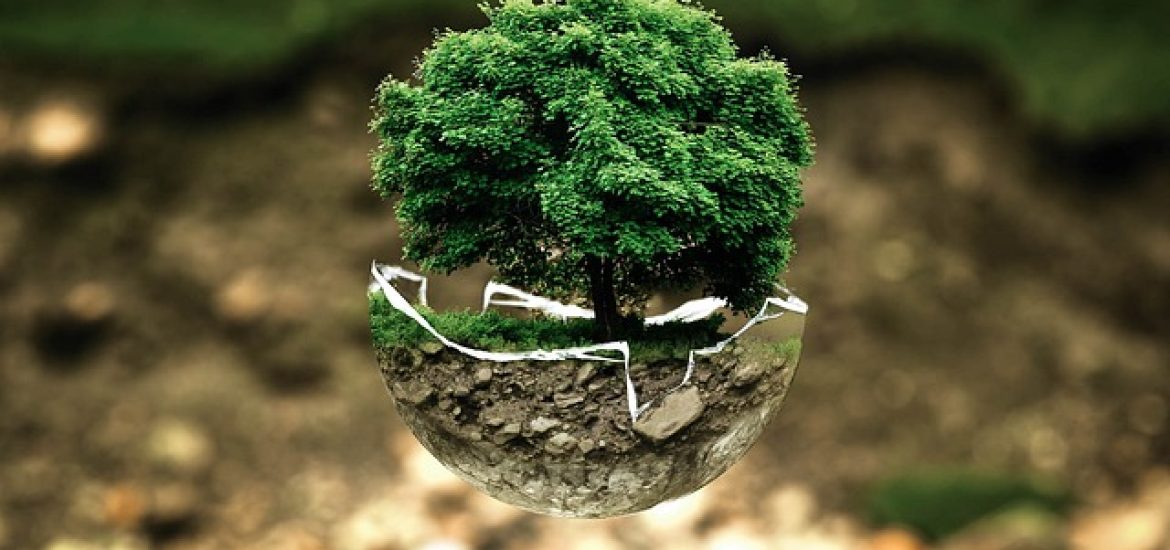
For over six decades, the World Wide Fund for Nature (WWF) has stood as a leading advocate for the protection of endangered species, habitats, and ecosystems worldwide. Founded in 1961, WWF’s mission is to halt the degradation of the planet’s natural environment and build a future in which humans live in harmony with nature. With a presence in over 100 countries, the organization has grown into one of the most influential conservation groups globally, shaping policies, raising awareness, and funding crucial projects aimed at preserving biodiversity.
History and founding
WWF was established by a group of passionate individuals, including Sir Julian Huxley, Peter Scott, and Prince Bernhard of the Netherlands, who were alarmed by the increasing threats to wildlife. Originally known as the World Wildlife Fund, the organization expanded its focus from wildlife conservation to broader environmental issues, leading to the change of its name in 1986 to reflect a more comprehensive mission.
Since its founding, WWF has prioritized protecting species like tigers, elephants, and rhinos, which were being decimated by poaching, habitat destruction, and human conflict. Its iconic panda logo, designed by Peter Scott, remains a symbol of hope for wildlife around the globe.
Conservation efforts
WWF’s work focuses on six global goals: wildlife, forests, oceans, freshwater, climate, and food. Its conservation strategy is based on science, with a collaborative approach that involves local communities, governments, and businesses to achieve sustainable outcomes.
- Protecting Wildlife
WWF has played a crucial role in preserving the habitats of endangered species, conducting anti-poaching efforts, and supporting legal frameworks like the Convention on International Trade in Endangered Species (CITES). Its wildlife conservation programs span continents, from protecting jaguars in the Amazon to safeguarding polar bears in the Arctic. - Preserving Forests and Oceans
WWF recognizes that forests and oceans are not just home to millions of species, but also vital carbon sinks that help mitigate climate change. The organization works to halt deforestation, promote sustainable logging practices, and create marine protected areas to combat overfishing and pollution. Through initiatives like “New Deal for Nature and People,” WWF has urged governments to prioritize nature in their economic and development plans. - Combatting Climate Change
WWF has been an outspoken advocate for urgent global action on climate change. Through campaigns such as Earth Hour, where individuals and organizations turn off non-essential lights to raise awareness about energy consumption, WWF has demonstrated its ability to mobilize global action. The organization also pushes for renewable energy solutions and policies that support a low-carbon future.
Challenges and controversies
Despite its many achievements, WWF has faced criticism and controversy. Some have accused the organization of compromising with corporations, such as in partnerships with large multinational companies that are responsible for environmental degradation. Additionally, WWF has been criticized for its involvement in projects that may negatively affect indigenous communities, though it has responded by reaffirming its commitment to working more closely with local populations.
Looking ahead
As the climate crisis escalates and species extinction rates soar, WWF’s mission has never been more critical. The organization continues to evolve, tackling complex global challenges such as biodiversity loss, food security, and sustainable development. With its science-driven approach and strong global partnerships, WWF remains a beacon of hope in the fight to protect our planet’s fragile ecosystems.
By addressing both immediate conservation needs and long-term environmental sustainability, WWF is not just protecting nature for today, but ensuring that future generations can thrive in a world where biodiversity and human well-being are intrinsically linked.
From its beginnings as a small organization focused on wildlife protection, WWF has grown into a global movement advocating for the preservation of nature in all its forms. Its holistic approach, encompassing wildlife, ecosystems, and climate change, ensures that WWF will remain a critical player in the environmental field. In a world facing unprecedented ecological challenges, WWF’s mission to preserve life on Earth remains as vital as ever.
